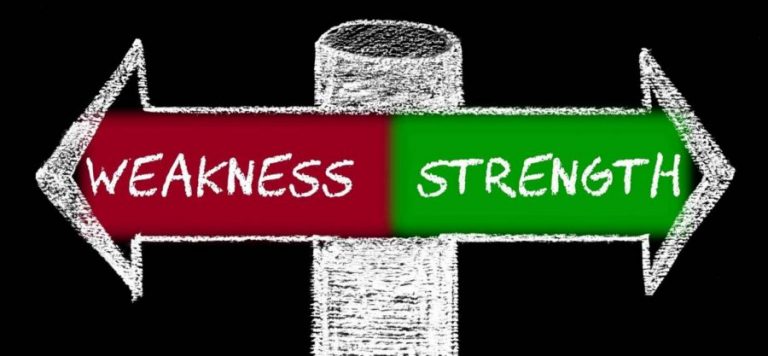
Tolerance is not easy to practice for it requires tremendous strength of character and self-control. But from where it comes into them? Human beings are endowed with this quality by nature; it is inherent in them. However, they also acquire it by the teachings and on the prompting of others.
By Osman Sher
In his book, Mankind and Mother Earth, the great historian Arnold Toynbee writes, “The differentiation of life into different species has brought with it both competition among some species and cooperation among others. Which, if either of these two antithetical relations is the paramount law of nature? In the relations of non-conscious species with each other neither cooperation nor competition is an act of deliberate choice, but the choice is deliberate in human beings, and in us it is bound up with the human sense of difference and antithesis between right and wrong, and between good and evil”.
On the canvas of human togetherness, tolerance, inter alia, presents itself as the touchstone of right and wrong, and good and evil. However, tolerance is not easy to practice for it requires tremendous strength of character and self-control. But from where it comes into them? Human beings are endowed with this quality by nature; it is inherent in them. However, they also acquire it by the teachings and on the prompting of others.
While generalizing the demarcation in this regard, we may fairly say that the tolerant group contains a large body of educated persons because education provides them with strength of character and the sense of differentiating between good and evil. This group is not, however devoid of intolerant component. In this way, the case is vice versa with the intolerant group.
Also read: Are we born good or evil?
Being a politician, former US President Bill Clinton, arguing on this concept in a political context, has said during his visit to Canada in 1999, “It seems to me that the suggestion that a people or tribal group or religious group can only have a meaningful political existence if they are an independent nation…is a questionable assertion in a global economy where cooperation pays greater benefits in every area of life than destructive competition”. He further said, “ Our major threat is the most primitive human feeling—the fear of ‘the other’, and the sense that we can only breathe and function and matter if we are somehow free of the necessity to associate and deal with, and may be even, under certain circumstances, subordinate our own opinions to the feelings of others”.
In the light of the above, it is imperative that we self-assess ourselves.
________________________
Osman Sher is an Indian writer. He shared his article through Jan group of writers and publishers.